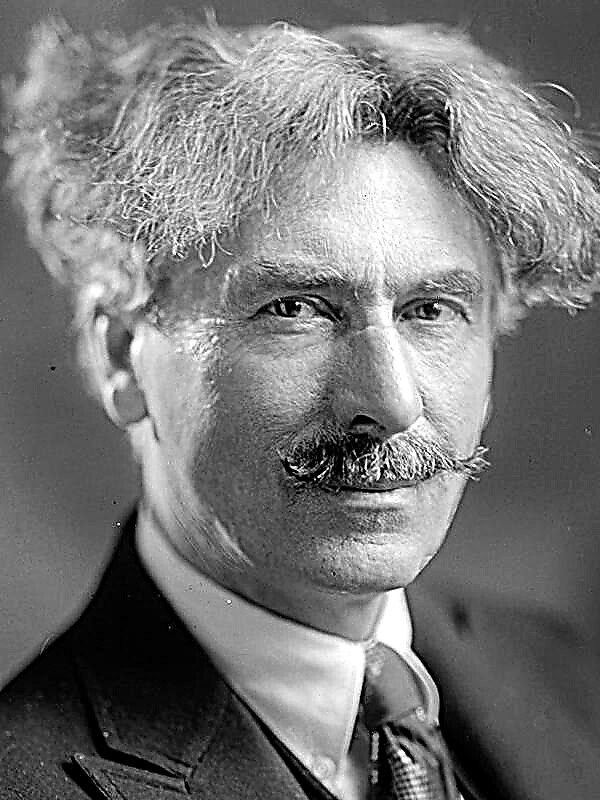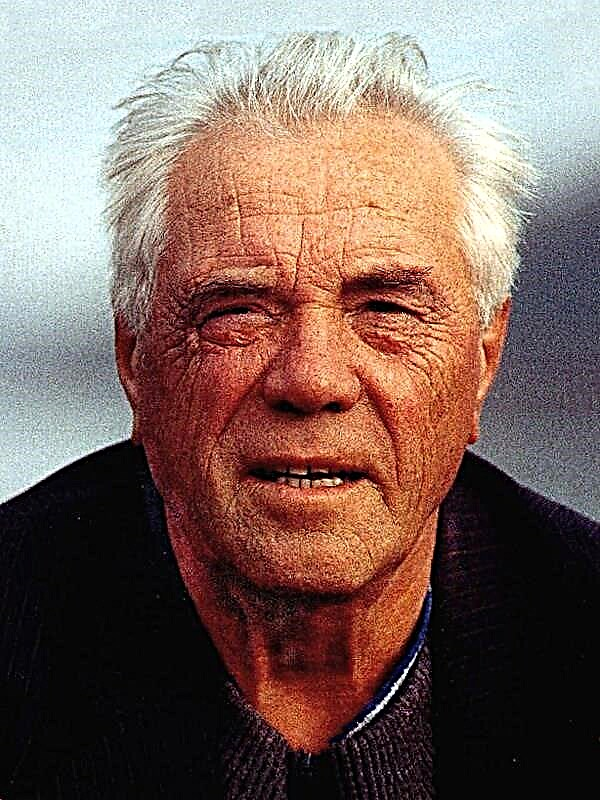The life and work of the writer are closely intertwined with each other, so it is always necessary to know about the author at least as much as about his work. This is the only way to understand the most important and interesting in his books. In this article we will talk about a remarkable writer - I. Goncharov, a man who wrote three famous novels on O: Oblomov, Ordinary History and Cliff.
Birth and childhood
The future prose writer Ivan Aleksandrovich Goncharov was born on June 6 (June 18), 1812 in a small town Simbirsk into a merchant family. He lived in a large father’s estate, which will later be reflected in the work of the famous Russian writer.
Before moving to Moscow, Ivan studied at several private boarding houses, and there, in the libraries, he got acquainted with many works of world literature as a child.
Education and career
In 1822, young Ivan and his older brother Nikolai were sent to the Moscow Commercial School. The mother decided that the children would continue the work of the father and inherit his enterprise.
Studying was not very difficult for Goncharov, but the teachers had a biased attitude towards him. As a result, he was left in elementary school for another term, because, in their opinion, due to the fact that he was the youngest, he could not equal the successes of his comrades.
In 1830, at the request of his mother, he was expelled from school. The young man intended to study at the Faculty of Literature of Moscow University, where he was enrolled after a brilliant overcoming of entrance examinations. Three years later, Ivan graduates and returns to his native places.
First, Goncharov got a job as a secretary from a governor who wanted to fight bribery, so the future writer agreed to work for him. However, it soon became clear that this governor himself lived off such "incomes." The service turned out to be useless and painful, and a year later the author leaves for St. Petersburg. There he works as a translator at the Ministry of Finance until 1852.
In 1856, he received the post of censor, then the author joined the Press Council, but after 11 years left the post, being in the rank of general.
Creative way
Trial works - “Dashing sickness” and “Happy mistake” - the author prints under an assumed name. In the capital, he begins to collaborate with the writer V. G. Belinsky and, thanks to him, in 1847 published his first novel, An Ordinary History, in the popular journal Sovremennik, and then a small prose work, Ivan Savich Podzhabrin. It is believed that Gogol’s influence is obvious in him, and the author himself spoke scornfully of him, calling him a “storyteller”.
In the early fifties, the writer goes on a cruise around the world. At this time, he creates a cycle of travel notes. Goncharov visited England, some countries in Africa and even Asia. He returns to the capital in 1855 and only three years later publishes the book of essays Frigate Pallas, although some of its fragments were previously published in the press.
The famous novel “Oblomov” was published in 1859 and has tremendous reader success, since “Oblomovism” reflected many aspects of Russian life of that time: social, philosophical, moral, etc. The idea of the work seems to be simple, but it’s very social and relevant.
Ten years later, Goncharov ends the novel, which he called "the child of my heart," - "Cliff." He worked on it for about 20 years. This was his last major work.
After The Cliff, the author works on several essays and critical works.
The last years of life and death
Towards the end of his life, Goncharov was often unwell. He suffered from clinical depression and loneliness and admitted that he did not understand the modern processes taking place in Russia, but, unfortunately, he no longer had the strength and ability to study and analyze them.
In 1891, Goncharov caught a cold and died of pneumonia. The disease proceeded very quickly and killed the great writer in a few days. Now his grave is in the Volkovsky cemetery.
The creative heritage of Ivan Alexandrovich does not lose its relevance in our time, therefore, his novels can rightfully be called immortal.












